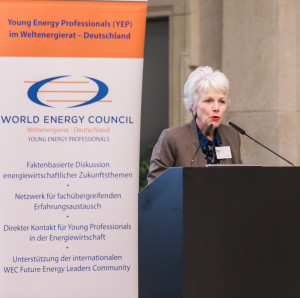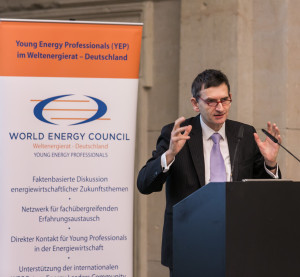One issue that remains on top of the government’s “to-do” list is to see how it can integrate the further expansion of renewables in an economically and technically feasible manner.

“Long-term, clear and stable policy frameworks are at the core of any answer to the complex challenge ahead,” Marie-José Nadeau, WEC Chair, told 150 delegates in a keynote at the event, held in Berlin on 17 December – which, coincidentally, was the day when Mrs Merkel was re-confirmed as Chancellor. The event looked at the implications of the changing oil and gas markets on energy security.
Prof. Volker Perthes, Director at the German Institute for International and Security Affairs, believes that the plentiful unconventional resources in the US will reduce its military engagement in the Gulf region. However, the region will remain an important oil supplier especially to Asia’s growing economies.






